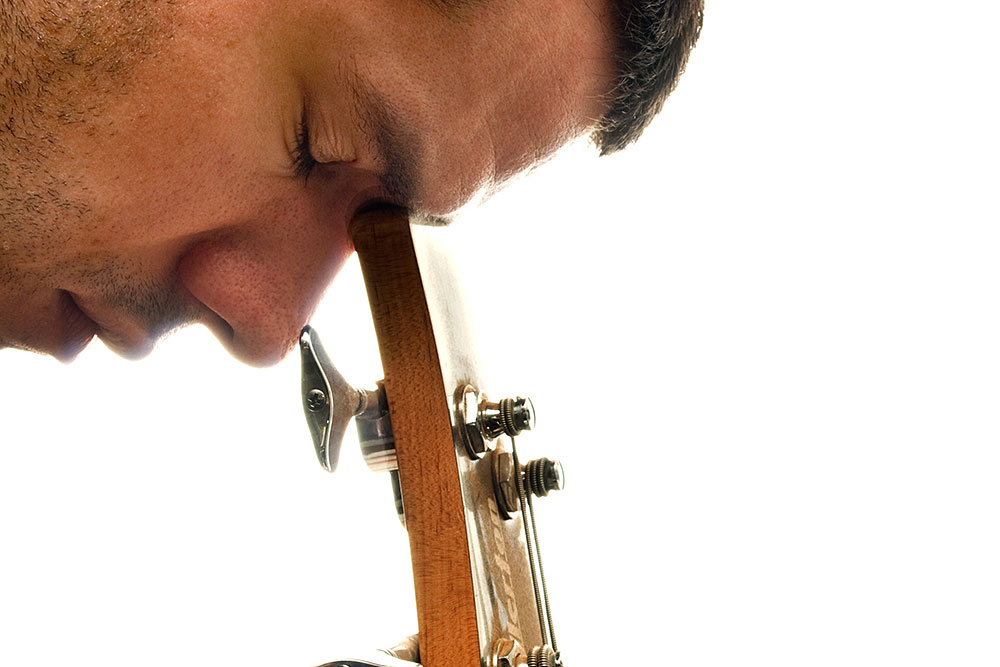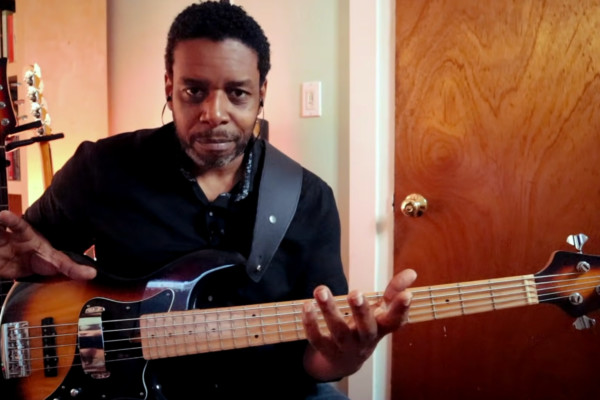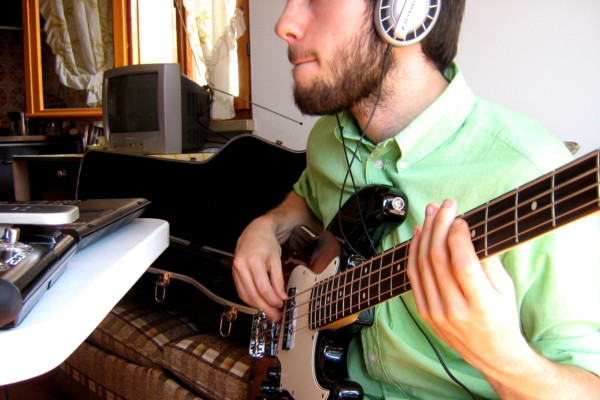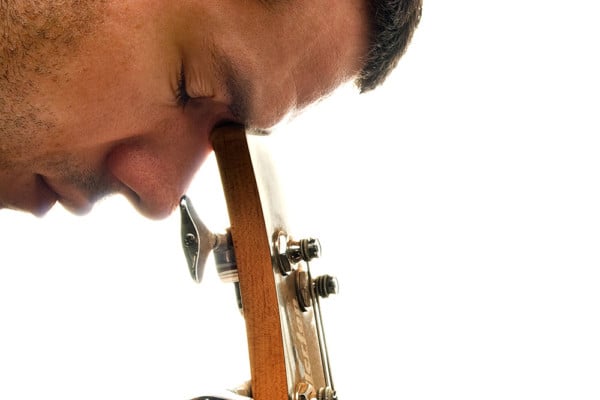The Lightbulb Moment: Creative Space

Every now and then, you may get lucky enough to do a gig or to jam with players in a truly creative and inspired way. You get to play in the greatest sense of the word, and better yet, you get to be your best musical self. You feel a sense of camaraderie with your fellow musicians and you walk out of the room with a smile on your face and a warm and fuzzy feeling in your gut. It’s an amazing sensation and one that should never be taken for granted. For many of us, these moments can be few and far between. Our musical lives may revolve around practicing in our rooms, playing our weekend warrior cover band gigs, or dealing with all of the stresses that inhibit us from playing the music that we’d prefer to play. Perhaps we don’t have opportunities to play with like-minded players, or maybe we are constrained by our personal feelings of self-worth and are hesitant to venture out into the greater musical world. Whatever the reason is, I strongly urge everyone to try – try to find the people, the space, and the time to experience the playing of music.
Now this can be quite a daunting task. It involves a bit of risk taking, a bit of social experimentation, and a whole lot of woodshed time. As someone who plays music for a living, I can say with certainty that most rehearsals, gigs, and sessions do not result in this feeling. Yes, it involves playing music, but it doesn’t necessarily inspire creativity or serve as a vehicle to really express your voice as a player. And that’s totally alright; it goes along with the territory. However, when you do find yourself in the position to play music, it can be validating and elevating in the most fulfilling ways. For those of you who don’t often perform live, or if you’re not interested in music being your profession, there are plenty of other ways to find meaningful musical experiences. The key: find a way to practice creativity in your own space.
Personally, I find that the best way to be creative is to give yourself an opportunity to work on music that pleases and inspires you. Sure, we all need to work on scales or written music, but it’s hard to get creative when doing so. These scales or technical exercises may seem like a bore but they will ultimately make it easier to express your musical ideas. Once you get the regimented practice out of the way, I suggest finding a couple of songs, or perhaps a loop, that you can groove to. You can pick a standard such as “Chameleon” or “The Chicken,” a twelve-bar blues, or you can build your own loop using an app. Then, give yourself time to really dig in. Don’t play through the song once. Play through it five times. Put it on repeat. Lose track of time and look up at the clock an hour later. Creativity can sometimes be the fortunate result of boredom. Give yourself the opportunity to get bored with what you’re playing so that you have the ambition to come up with something different and exciting.
This process can go as far as you allow it to go. You can focus on creating another bass line to play over the changes or you can make yourself play a different fill every four bars. Maybe you decide to forget the bass line altogether and you focus your attention on soloing. Listen to what another soloist does over the changes; try to figure out a phrase from the saxophone solo or maybe go ahead and transcribe the whole thing. Or, give yourself a blank canvas, don’t listen to the other players on the record, and dig in on your own. Again, give yourself plenty of time and, perhaps more importantly, plenty of leeway. If you play something that doesn’t sound good, try to figure out why that is and revise your phrasing until you find something that does. When you do stumble upon something that you’re either intrigued or surprised by, then you’re doing something right. You’re pushing yourself to get creative in a way that you hadn’t before and this is how you start to realize your musical voice. Run with that feeling and see where it takes you.
Once you start to integrate creative time into your practice routine, you may get to the point where you’re ready to go beyond playing with records. This is when it’s time to reach out to the musical community and find other players that can contribute to your musical growth. You might get lucky right off the bat – you find another player to team up with, form a band, write material that you’re excited about, and perform live. Or, it could take hundreds of jam sessions, dozens of auditions, and many many gigs before you find yourself on the right musical stage. Remember that you’re just trying to find the right people, place, and music that inspires you to be the player that you want to be. You want to find yourself in a creative space, whether it’s in the comfort of your own home, inside a rehearsal room, or in front of an audience. Discover how much you can grow when given the time and opportunity to do so.
Ryan Madora is a professional bass player, author, and educator living in Nashville, TN. In addition to touring and session work, she teaches private lessons and masterclasses to students of all levels. Visit her website to learn more!



